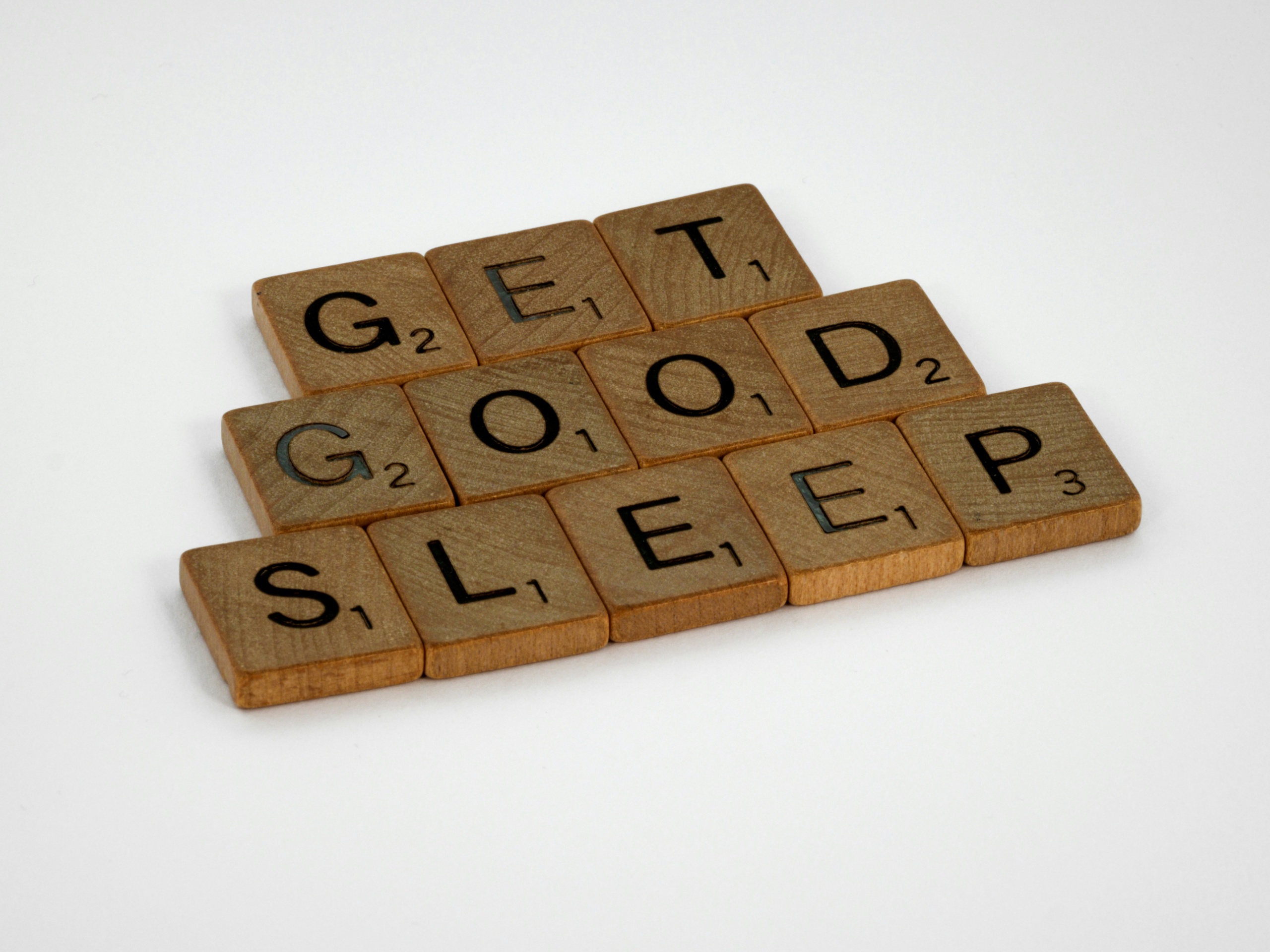
Cortisol, often called the “stress hormone,” is vital for many body functions like metabolism, immune response, and stress regulation. Made by the adrenal glands, cortisol levels rise and fall throughout the day. This hormone’s connection with sleep is complex and crucial for our health.
Cortisol Awakening Response
When we wake up, our cortisol levels increase sharply. This is called the Cortisol Awakening Response (CAR). Within 30 to 45 minutes of waking up, cortisol levels spike. This helps us feel alert and ready to start the day. This morning surge is important for making the transition from sleep to being awake.
Cortisol and the Sleep-Wake Cycle
Cortisol levels follow a daily pattern that matches our sleep-wake cycle:
- Morning: Cortisol is highest in the early morning, helping us wake up.
- Daytime: Levels slowly go down but still help us stay alert.
- Evening: Levels drop even more, helping us get ready for sleep.
- Night: During deep sleep, cortisol is at its lowest, allowing the body to rest and repair.
This pattern shows how cortisol helps regulate our daily sleep and wakefulness.
Stress, Cortisol, and Sleep
When we are stressed, our bodies produce more cortisol. Chronic stress keeps cortisol levels high, which can cause sleep problems:
- Trouble Falling Asleep: High cortisol can make it hard to relax and fall asleep.
- Poor Sleep Quality: High nighttime cortisol can lead to lighter sleep and less deep sleep.
- Frequent Awakenings: Stress can cause cortisol spikes at night, waking us up and breaking our sleep.
Effects of Disrupted Cortisol Levels
When cortisol rhythms are off, it can lead to several health problems:
- Memory and Focus Issues: Poor sleep affects our ability to think clearly and remember things.
- Mood Problems: Ongoing sleep disruptions and high cortisol can cause anxiety and depression.
- Weakened Immune System: Imbalanced cortisol can make us more prone to getting sick.
- Metabolic Problems: Irregular cortisol can lead to weight gain and increase the risk of diabetes.
Tips for Healthy Cortisol Levels and Better Sleep
Here are some ways to keep cortisol levels balanced and improve sleep:
- Manage Stress: Practices like mindfulness, meditation, and yoga can help reduce stress and lower cortisol.
- Keep a Regular Sleep Schedule: Going to bed and waking up at the same times each day helps maintain a natural sleep rhythm.
- Eat a Healthy Diet: Eating nutritious foods supports overall health and stable cortisol levels.
- Exercise Regularly: Regular physical activity helps regulate cortisol and improves sleep quality.
- Avoid Stimulants: Cutting down on caffeine and alcohol, especially in the evening, can help prevent sleep and cortisol disruptions.
Cortisol and sleep are closely linked and affect our overall health. By understanding and managing this relationship, we can improve our mental, emotional, and physical well-being. Reducing stress, maintaining a regular sleep schedule, and adopting healthy habits are key steps to achieving balanced cortisol levels and better sleep.




